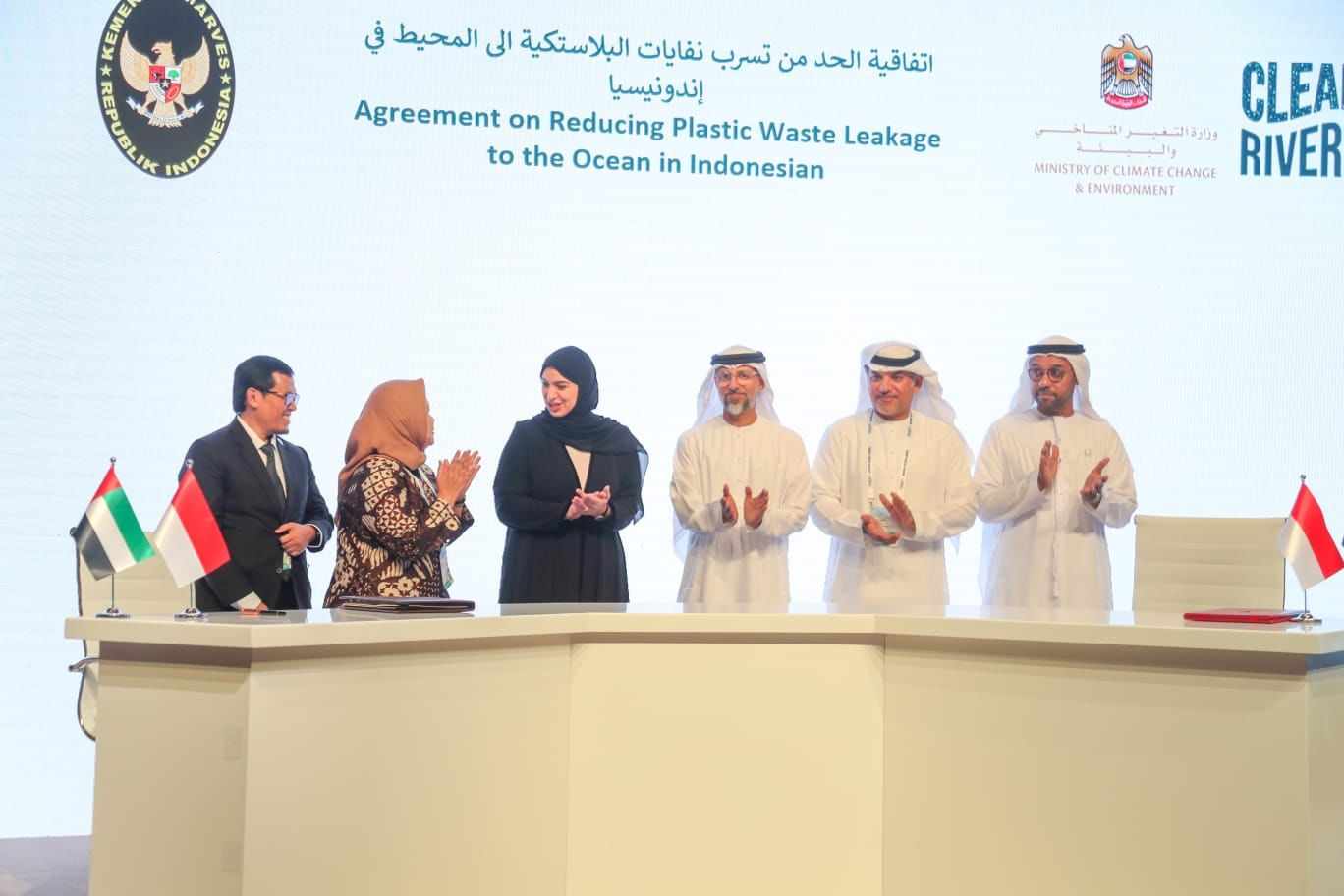Sector coupling helps industry decarbonize if electricity taxation favours renewables instead of fossil fuels
- Date: 10-Dec-2020
- Source: Arabian Industry
- Sector:Oil & Gas
- Country:Middle East
Sector coupling helps industry decarbonize if electricity taxation favours renewables instead of fossil fuels
Existing taxation schemes that favour fossil fuels hold back the use of renewable power during times of oversupply. This means renewable power into the grid is going to waste, according to DNV GL. Energy experts from DNV GL reveal in a new report that electrification will connect various industry sectors such as heavy industry, transport and households and services which will create new dynamics in the electricity market, bringing down cost and benefiting carbon reduction.‘Sector coupling: Creating an interconnected decarbonized energy system benefiting industry, the power sector and society'' is based on quantitative analyses of the impact of sector coupling on energy demand and energy prices in Europe. The report shows in the heating sector, the average EU tax per kWh on electricity from renewable sources is four times higher than on natural gas, giving gas a high preferential position; meaning that customers are encouraged to use fossil fuels over renewable power.Sector coupling would allow heavy industry, one of the ‘hard to abate' sectors in the climate challenge, to procure power at favourable costs and would also have a positive impact on the business case for renewables. But























